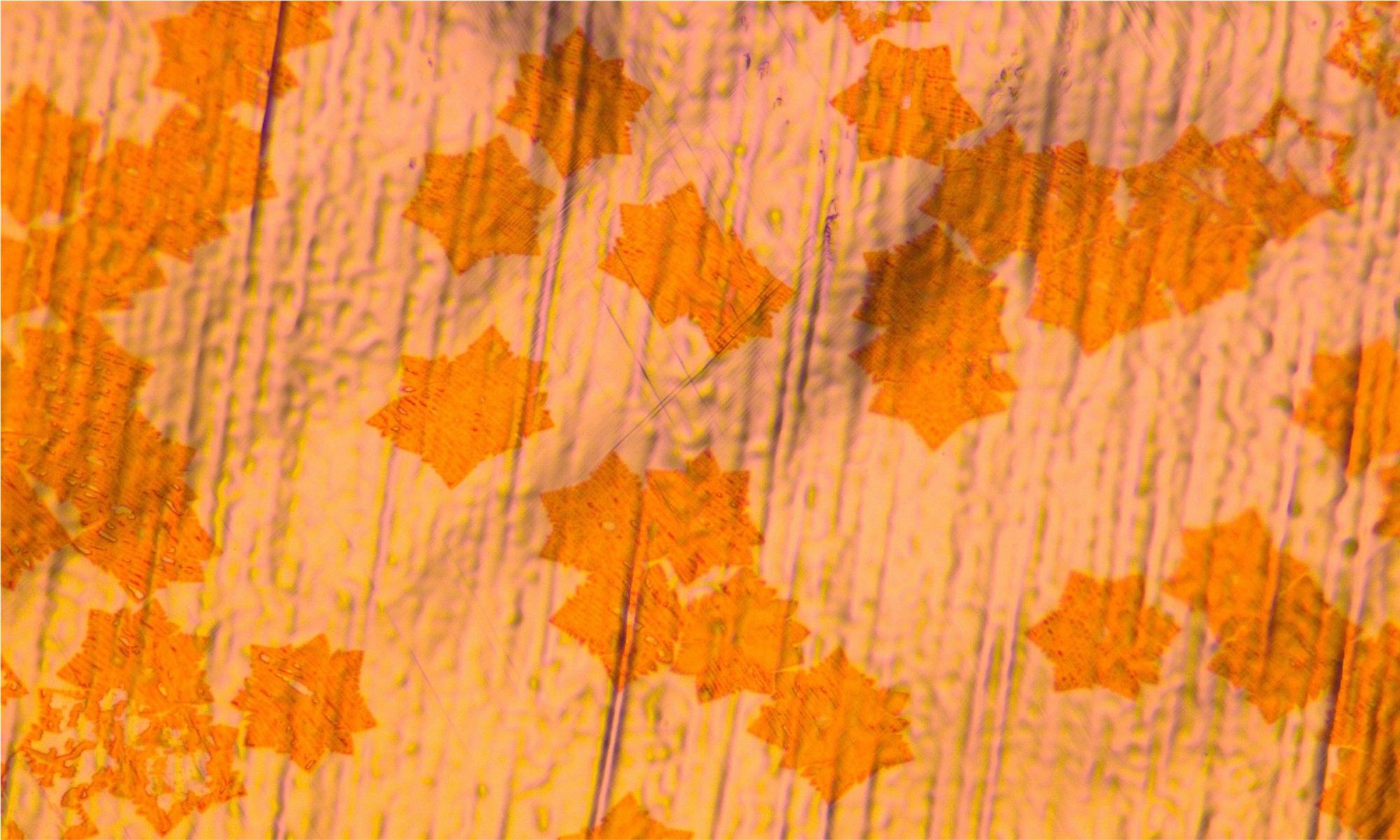On November 15-16, 2021, the members of the Aachen Graphene & 2D Materials Center will meet up for an internal workshop, where each group will present and discuss its current research questions and latest results.
Continue reading “November Workshop of the Aachen Graphene & 2D Materials Center at SuperC”Welcome to Ms. Babita Negi
The Aachen Graphene & 2D Materials Center welcomes a new master student from India, Ms. Babita Negi, from the Indian Institute of Technology, Kharagpur.
Continue reading “Welcome to Ms. Babita Negi”A new Erasmus+ fellow joins the Center
The Aachen Graphene & 2D Materials Center welcomes Aniello Pelella, who has just joined the Chair for Electronic devices with an Erasmus+ Traineeship.
Continue reading “A new Erasmus+ fellow joins the Center”Two new visiting-researchers at the Aachen Graphene & 2D Materials Center
This summer, the Aachen Graphene & 2D Materials Center will welcome two new international visiting-researchers.
Continue reading “Two new visiting-researchers at the Aachen Graphene & 2D Materials Center”2Exciting – training the next generation of experts in 2D semiconductors technologies
AMO GmbH and RWTH Aachen University are partner of 2Exciting, an Innovative Training Network funded by the Marie Skłodowska-Curie Actions with the goal of raising a new generation of experts in the field of 2D semiconductors.
Continue reading “2Exciting – training the next generation of experts in 2D semiconductors technologies”ACOMAT – Harnessing 2D materials for photocatalysis
In the newly funded project ACOMAT, AMO GmbH and partners will exploit the unique optoelectronic properties of two-dimensional materials for transforming CO2 into solar fuels.
Continue reading “ACOMAT – Harnessing 2D materials for photocatalysis”Lecture on the “Physics of Graphene and 2D Materials”
This summer Semester, Prof. Christoph Stampfer will give a lecture on the “Physics of graphene and 2D materials”.
Continue reading “Lecture on the “Physics of Graphene and 2D Materials””What should the future look like? – An interview with Max Lemme over the Future-Cluster NeuroSys
In a video interview for the Faculty of Electrical Engineering and Information Technology of RWTH Aachen University, Prof. Max Lemme explains the vision behind the Future-Cluster NeuroSys, the role of neuromorphic hardware in shaping the future of artificial intelligence applications, and the necessity of addressing not only the technical aspects, but also the socio-economic implications of this new technology, to ensure that it conforms “by design” with European values.
Continue reading “What should the future look like? – An interview with Max Lemme over the Future-Cluster NeuroSys”Steady progress towards graphene-based qubits
Substantial advances in the technology for confining and manipulating electrons in bilayer graphene quantum dots bring the demonstration of graphene-based qubits within reach.
Continue reading “Steady progress towards graphene-based qubits”GreEnergy: setting a new paradigm for solar energy harvesting
AMO GmbH is partner of GreEnergy, a new project funded by the European Commission through the Horizon 2020 Programme, which aims at developing optical nano-antennas as cost-effective solar energy harvester for a greener future.
Continue reading “GreEnergy: setting a new paradigm for solar energy harvesting”